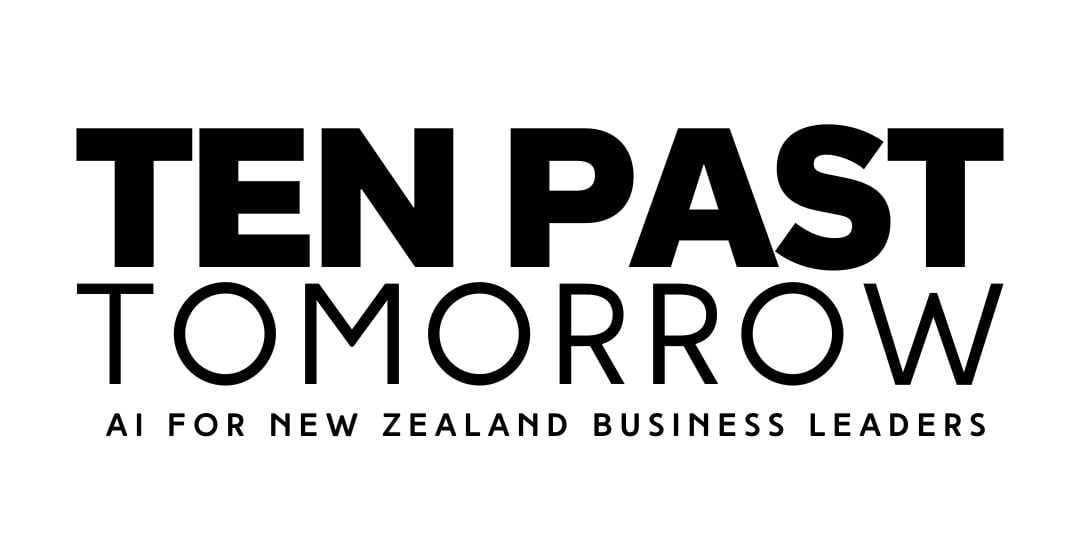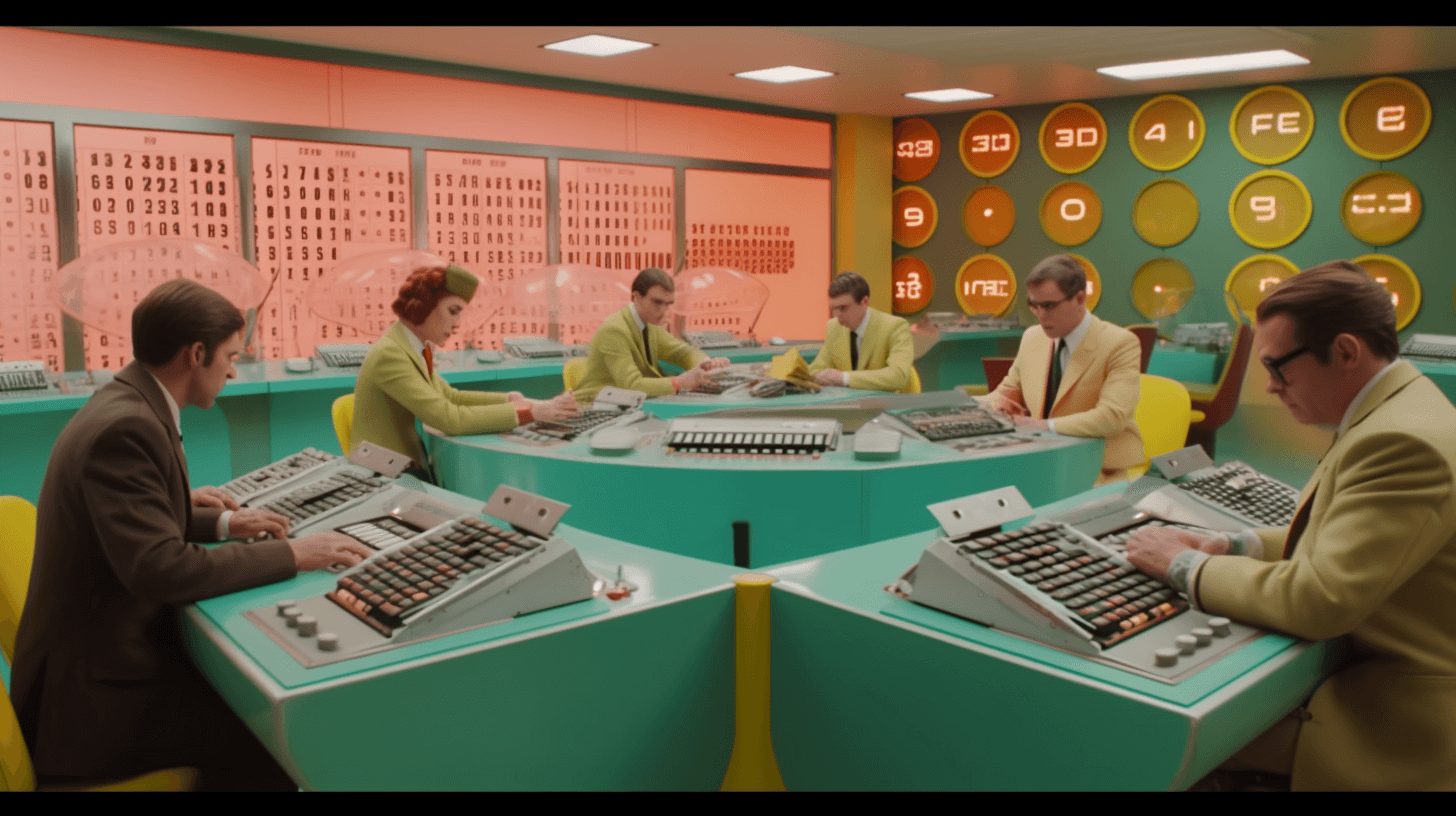AI lessons for business from Copernicus and Gutenberg
As a passionate follower of artificial intelligence developments, I find Azeem Azhar's writing particularly insightful. I am a paid subscriber to his Substack, and highly recommend the investment to all of you, as fellow AI and business curiosos*.
Azhar is a global expert on exponential technologies, advising governments, leading corporations, and investors on our exponential future. I really value his unique ability to step back from the hype and chaos of the AI industry. In doing so, he provides a much-needed perspective on the challenges we face as AI continues to transform our world.
Azhar's writing reminds me of a firebreak around a forest - a barrier that keeps the AI blaze at bay, creating a calm space where we can examine the most significant challenges related to AI today.
Azhar's latest article offers several thought-provoking points that force us to reconsider the rapid advancements in AI and large language models (LLMs).
As we grapple with these changes, Azhar draws on lessons from historical moments that, at first glance, may seem unrelated to AI. But upon deeper analysis, these moments offer illuminating insights into our current AI-driven society.
I found his article so powerful and think it so relevant to our world as business leaders, that I’m going to summarise the main themes and key lessons from it below…
Exploring Azhar's core themes from his most recent article
In “Exponential LLMs and the Copernican moment”, Azhar compares the rapid recent advancements in AI and LLMs to the Copernican Revolution and the Gutenberg Moment, two historical paradigm shifts that changed our perspectives and systems. Those breakthroughs forced society to rethink and adapt to new knowledge, just as right now AI is challenging our current norms and regulations.
The Copernican Revolution disrupted the long-standing belief that Earth was the center of the universe, forcing society to adapt to a new worldview.
Similarly, the Gutenberg Moment democratized access to knowledge by making information more widely available through the printing press.
Those two chapters in history share a common theme: they both challenged the status quo and forced humanity to reconsider established beliefs.
In the age of AI, we find ourselves at a similar crossroads.
As AI continues to develop at a breakneck pace, we find ourselves asking crucial questions about how it will disrupt long-standing societal concepts like privacy, censorship, and copyright.
Will these concepts that are so fundamentally important to our societies adapt, become obsolete, or take on new forms in the age of AI?
Can we collectively evolve these concepts, or are we too anchored to their current forms?
Why do these questions matter to business?
These questions are critically important for society at large, and therefore relevant for New Zealand business leaders like us who must navigate the complexities of incorporating AI into our organizations.
As AI tools and platforms outpace regulation, I believe business leaders play a crucial role in forming moral codes to guide people, products, and services.
In light of Azhar's thought-provoking analogies and the current state of AI, I find myself pondering the following questions. Perhaps you might find them useful as starting points for your own ponderings:
-
How will AI disrupt long-standing societal concepts like privacy, censorship, and copyright?
-
Will these concepts adapt, become obsolete, or take on new forms in the age of AI?
-
Can we collectively evolve these concepts, or are we too attached to their current forms?
-
What are our ethical responsibilities towards our employees, customers and other stakeholders when incorporating AI into our businesses?
-
As AI tools and platforms outpace regulation, what role do we play as business leaders in forming moral codes that can guide our people, products, and services?
I sense that the hyper-advances we’re witnessing in AI are causing both excitement and anxiety for New Zealand business leaders. They certainly are for me, which is why Azhar’s latest article struck such a chord with me.
The possibilities of AI are tantalizing, but so too are the fears of being left behind or facing societal changes head-on. In this context, it's essential for us as business leaders to understand the implications of AI and consider the questions raised by Azhar's Copernican and Gutenberg analogies.
The impact of AI on businesses is only just beginning to be realized, and we have the opportunity to shape its development and influence its consequences. We must engage in conversations about the ethical responsibilities we have towards our employees and customers as we incorporate AI into our businesses.
Furthermore, we need to recognize our role in shaping the moral codes that will guide our organizations in the face of AI-driven disruption.
At the moment, there are more questions than answers in the AI space. I think that’s OK for now, as long as we take the time to consider those questions seriously, and come to grips with the implications of the questions. That’s the first step towards finding the answers, individually and collectively.
Final thoughts
As we embrace the AI revolution, as business leaders we must confront the challenges and opportunities it presents.
I think Azhar is spot on when he says that by drawing on lessons from the Copernican Revolution and the Gutenberg Moment, we can better understand how AI may disrupt long-standing societal concepts and force us to reevaluate our beliefs.
As we ponder the questions raised by Azhar's analogies, I think we can also use them as bridges to consider the implications of AI in business.
We have the responsibility to engage in conversations about the ethical consequences of incorporating AI into our organizations and recognize our role in shaping the moral codes that will guide our people, products, and services.
In the coming years and decades, we will have the privilege of living through a time of revolutionary change, akin to the Copernican and Gutenberg eras. As AI's combined intellect and creativity continue to grow, we must be prepared to collectively reconsider fundamental building blocks of society, such as privacy, censorship, and copyright.
For New Zealand business leaders, staying informed about AI's latest developments and engaging in meaningful conversations about its impact is crucial.
By doing so, it’s my hope that we can help shape the future of AI; firstly in our businesses, and then in society at large.
* I have no affiliation, financial or otherwise with Azeem Azhar.



Got something to add? Chime in below...